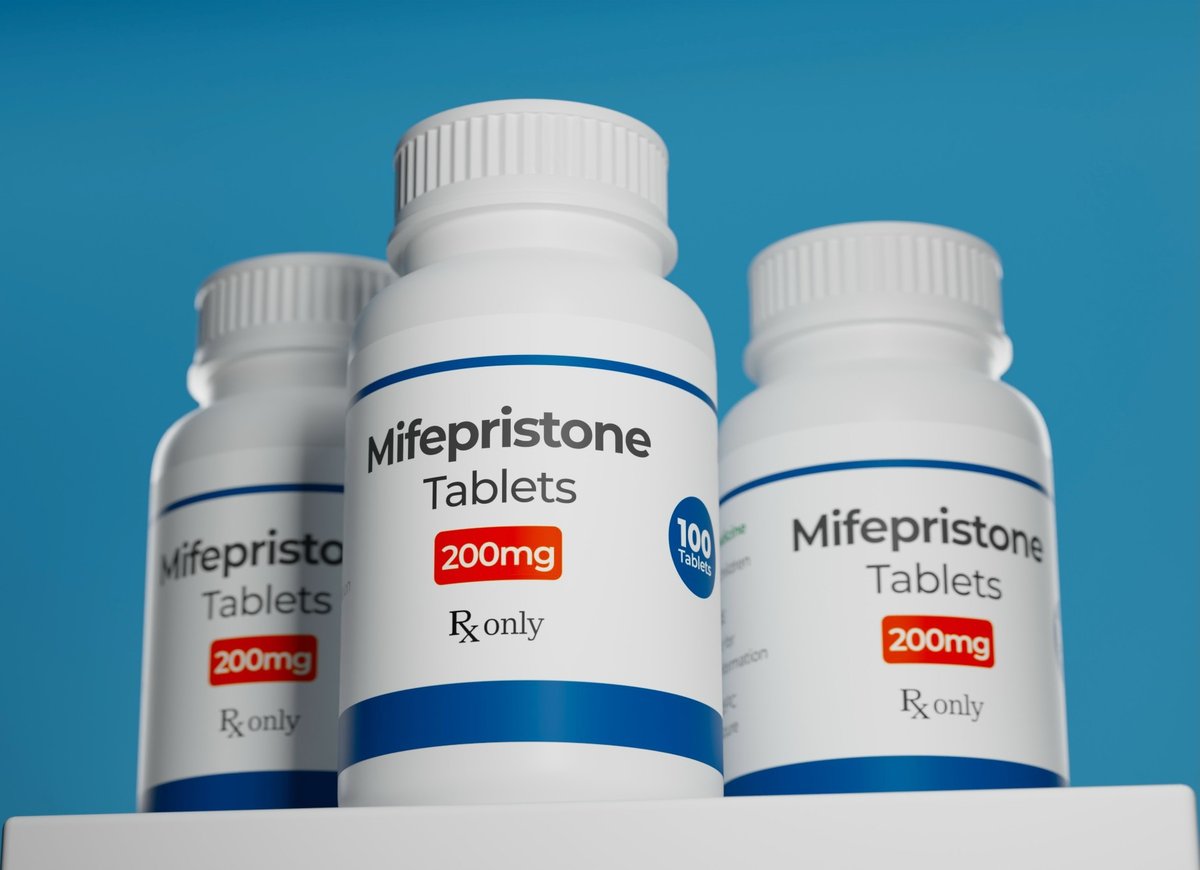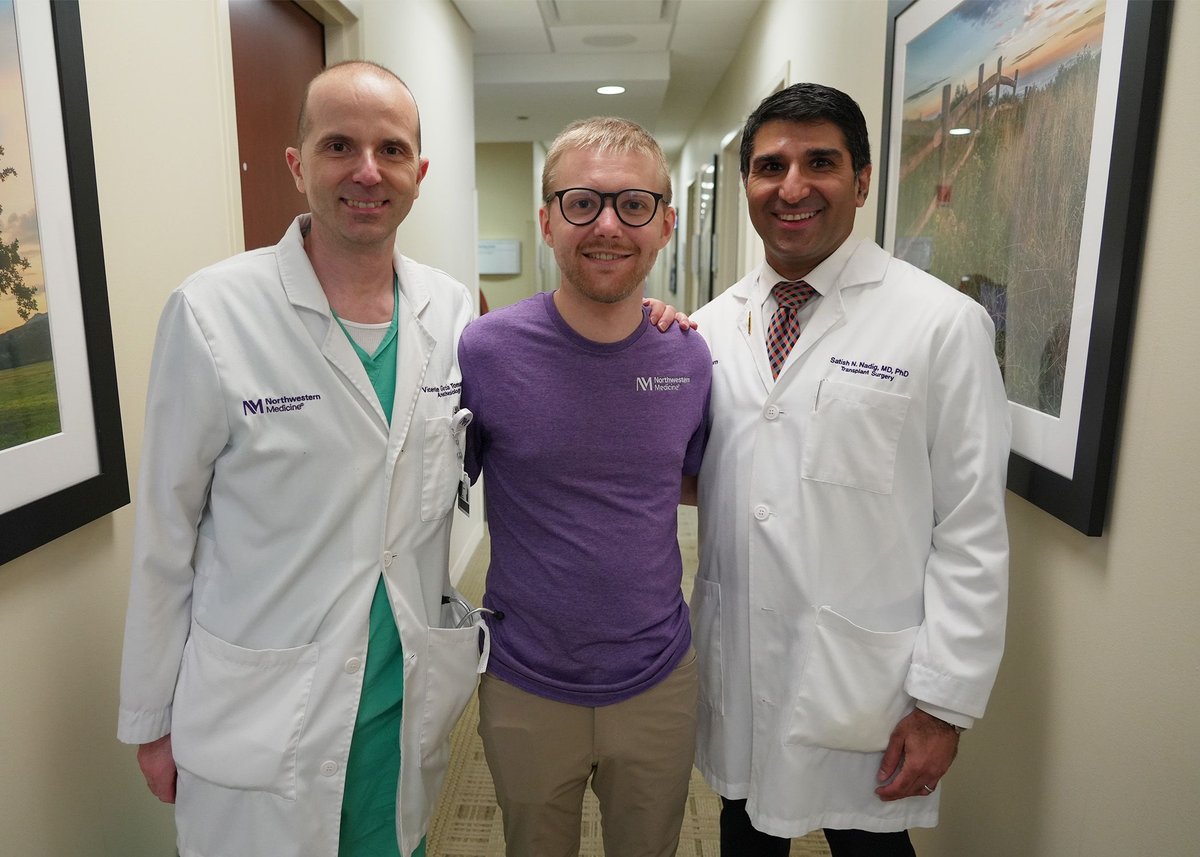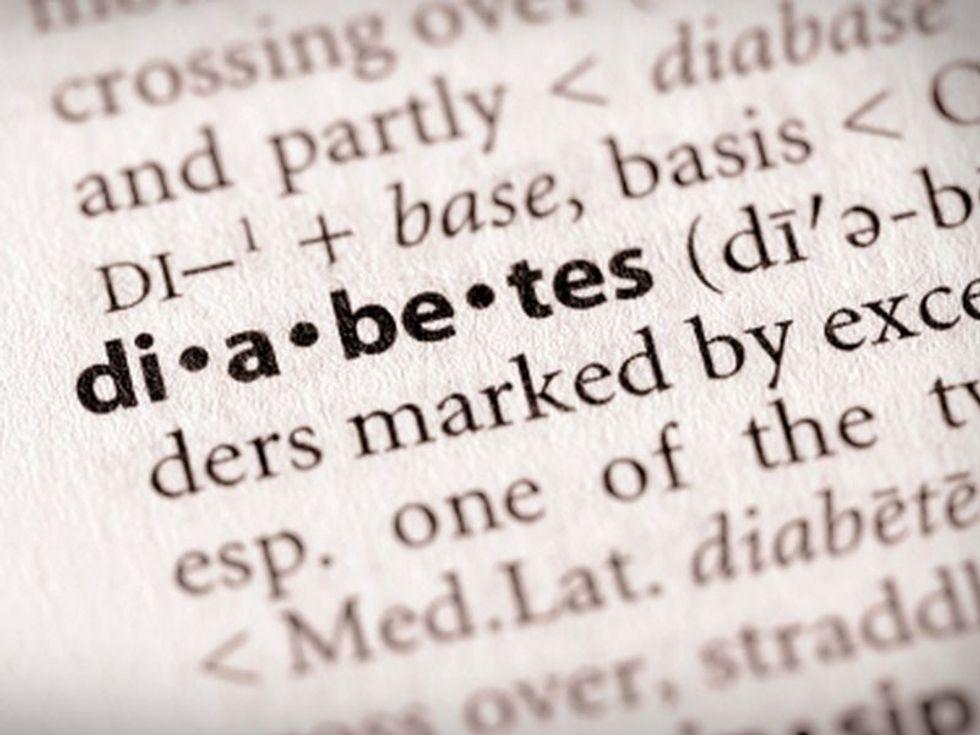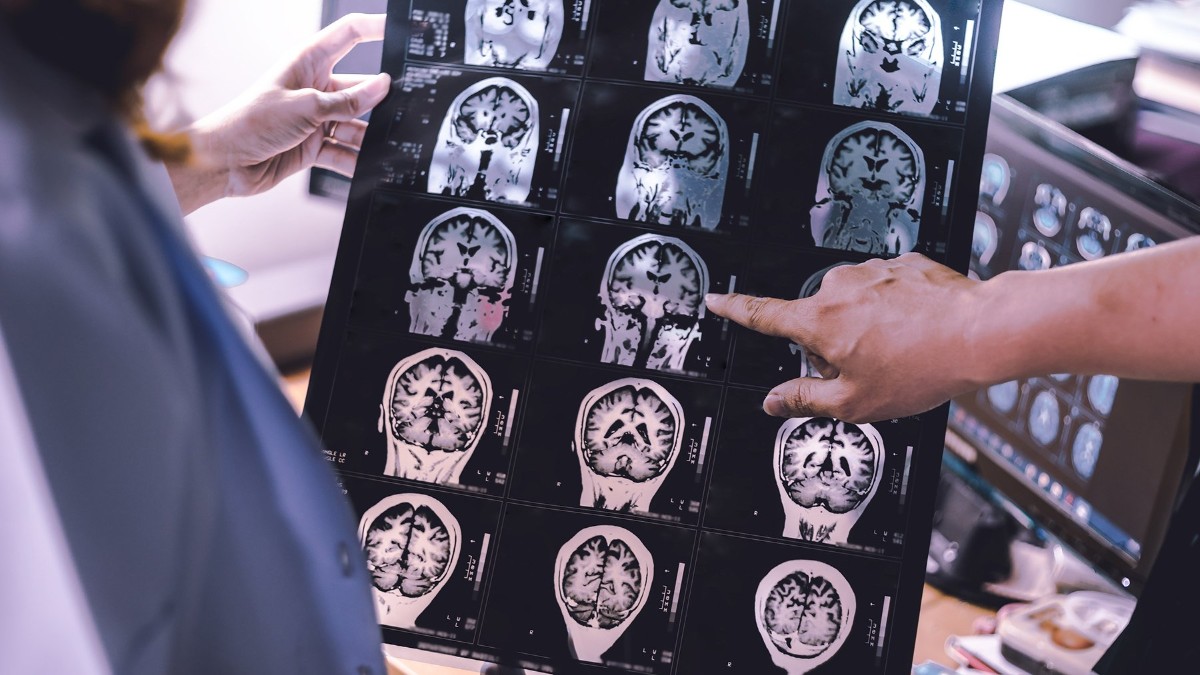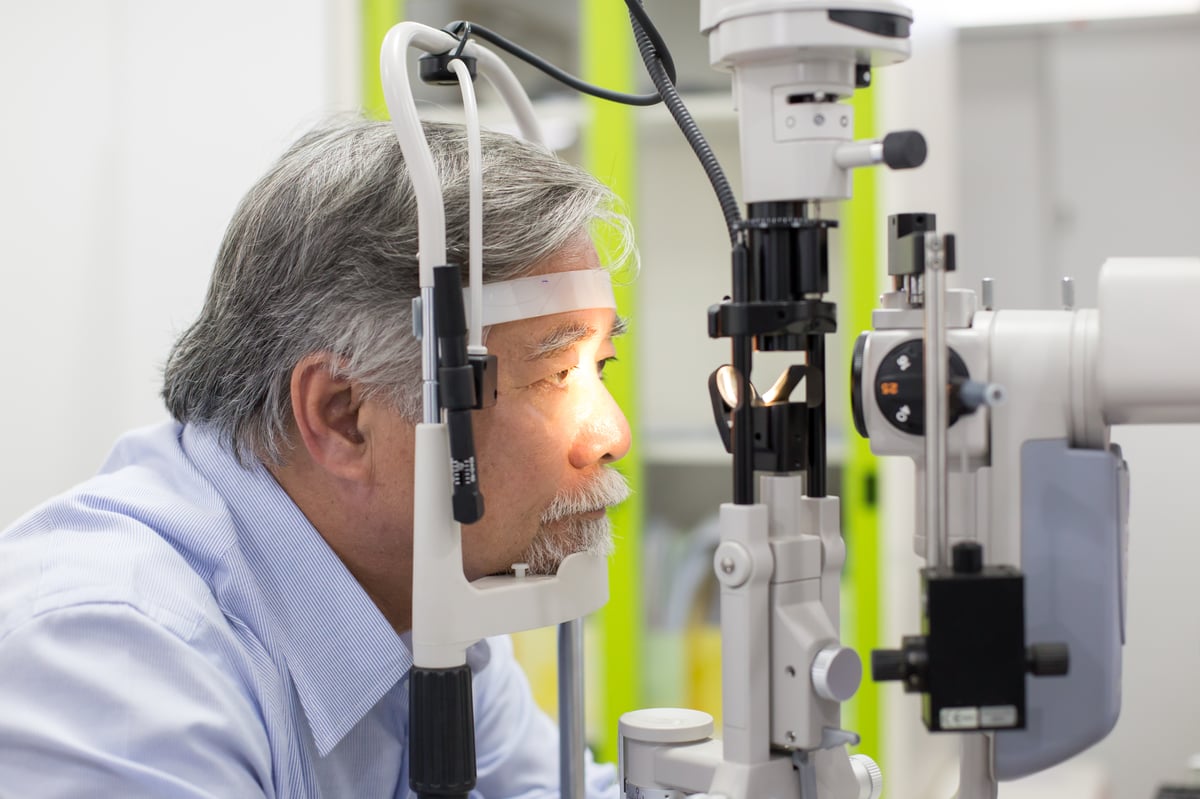
A well-established cholesterol-lowering drug appears to significantly slow the progression of a diabetes-related eye disease, a new trial shows. Fenofibrate (Tricor) has been approved since 2004 as a means of lowering cholesterol. Now, this new study shows that fenofibrate also can reduce the progression of diabetic retinopathy by 27% compared to placebo. The findings were… read on > read on >














